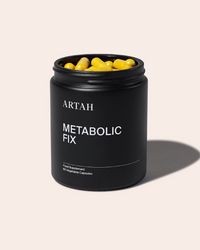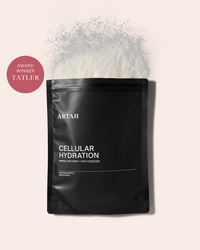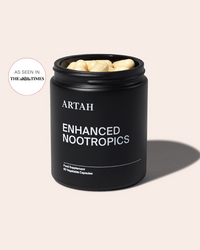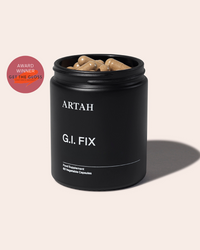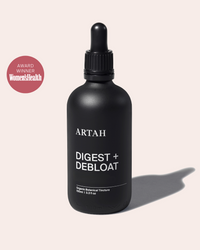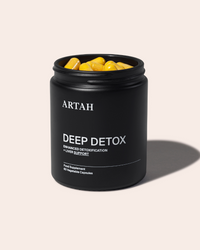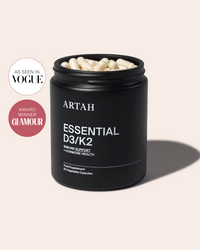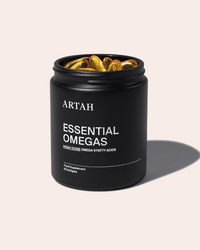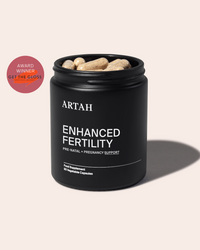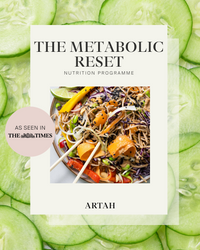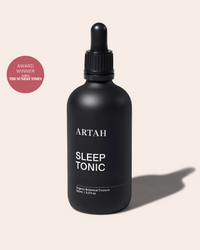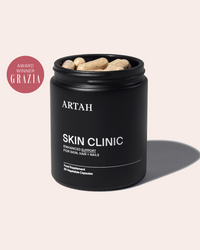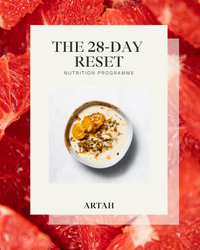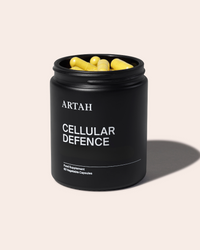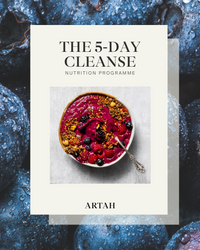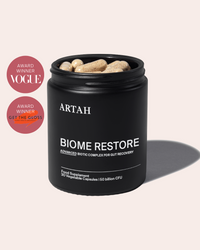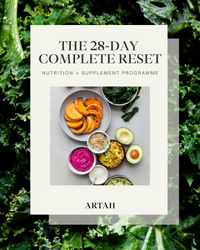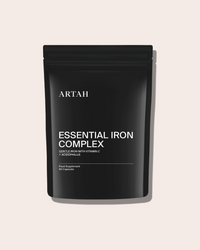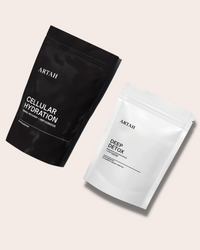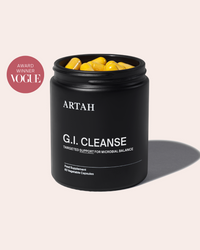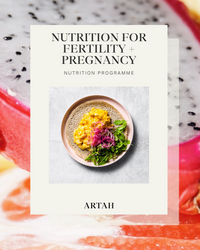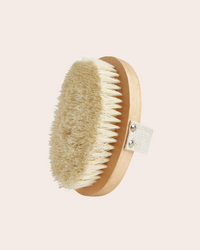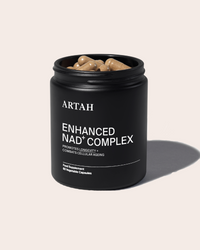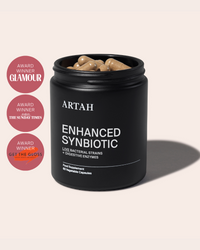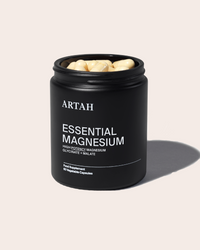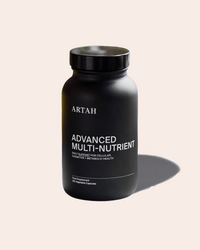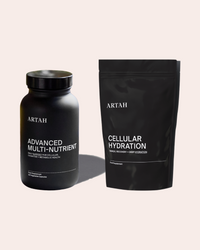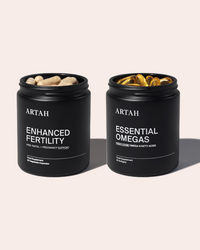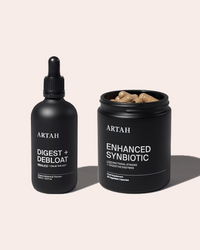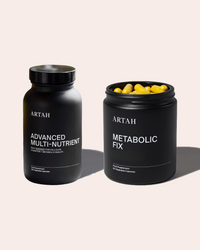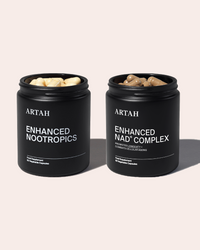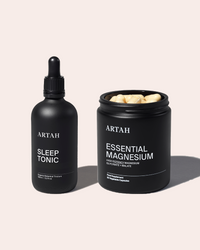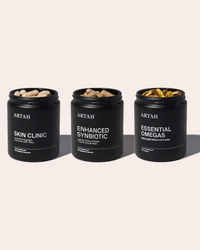Navigating Alcohol - Hacks To Get You Through Summer
We all know that too much alcohol isn’t great for us.
High consumption, particularly has been linked to everything from diabetes and struggles with weight management, to fertility issues and hormone imbalance, not to mention the negative effects on mental health and disruption to sleep patterns.
That said, having a healthy relationship with alcohol can play a part in a balanced lifestyle and can help take the edge off when you need to relax and unwind. Knowing your alcohol (and your tolerance), understanding your body, and knowing which levers to pull in order to stay in balance are essential tools that will empower you to enjoy alcohol without overdoing it.
AVOID SUGAR TRAPS + ARTIFICIAL SWEETENERS
The worst offenders when it comes to sugar content are juices, simple syrups, creamy liquors and flavoured carbonated drinks. When combined with alcohol, the high sugar content can often result in crippling hangovers, with symptoms including everything from dehydration and stomach irritation to headaches and poor sleep. Low-calorie mixers should also be avoided where possible - they are often filled with artificial sweeteners which can be incredibly disruptive to the gut microbiome, cause migraines and still trigger an insulin response.
So, what should you be drinking?
– Clear spirits such as vodka, tequila and gin.
– Clean mixers such as sparkling water, soda water, pure vegetable juices, or try a DASH naturally fruit flavoured sparkling water to add some flavour.
– Sweeten with fresh lime or lemon, ribboned cucumber, berries, or a slice of orange or grapefruit.
Pro-tip: Big fan of the classic gin and tonic? Be warned, adding tonic to your drink can total 16 grams of carbs and 10g of sugar per serving.
FOOD FIRST
Eating food before or with your drink will help slow the rate at which alcohol is absorbed into the bloodstream, therefore reducing or slowing down the effects of the alcohol. Aim to have a meal or snack that contains mostly protein and fat, with a little carbohydrate.
Protein-rich foods can help to slow down the emptying of the stomach and delay alcohol absorption, plus it is the most filling macronutrient so may reduce the alcohol-induced cravings later on. Fats take the longest to digest in comparison to protein or carbs, which can further slow down the absorption of alcohol in the bloodstream. Nuts, olives, hummus and crudités, and anything with avocado are all good options.
The process of digestion plays a large role here, as no matter the height and weight of the person, the liver can only digest one standard drink per hour on average. Studies suggest that a person who has not eaten may hit a peak blood alcohol content (BAC) between half an hour to 2 hours of drinking, whereas a person who has eaten will hit a peak BAC between 1-6 hours, depending on the volume of alcohol consumed. (1) (2)
INCLUDE A “SPACER” BETWEEN DRINKS
A ‘spacer’ is a non-alcoholic beverage that you consume between drinks that do not contain alcohol. Drinking a glass of still or sparkling water between drinks not only combats the dehydrating effects of alcohol but will also reduce the number of alcoholic drinks you consume overall. The benefits? Reduced risk of a hangover (always a plus) as well as clear eyes and skin the morning after.
GET SOBER-CURIOUS
We’re also big proponents of non-alcoholic drinks, particularly during mid-week or work events. Whether you opt for kombucha or a clean cocktail - we love Clean Liquor and Seedlip with soda and lime - being actively sober-curious can do wonders for your health, energy, confidence, productivity and sleep. Pro-tip: keep an eye out for sweeteners and added sugar in any non-alcoholic cocktails as they can wreak havoc on your blood sugar and leave you feeling almost as bad the next morning as you would if you’d had a regular cocktail.
TIME YOUR DRINK
Alcohol may help you to doze off faster after a stressful day, however, drinking before bed can impact your sleep quality and quantity. When the liver metabolises alcohol, it creates byproducts that can impact your ability to enter deep modes of restorative sleep, leaving you feeling worse off the next day. Aim to stop drinking 2-3 hours before bed to allow your body the time to process the alcohol and give yourself a chance to optimise rest. For the times where that isn’t an option (we’ve all been there), add 3 ml of Sleep Tonic to water before bed which contains potent botanicals blended to stimulate the parasympathetic nervous system and get you into rest and digest.
HYDRATE
Staying hydrated is essential for every bodily function, and is especially important when you are drinking. If you’ve had a few drinks, we strongly recommend aiming to drink around 1 litre of water before going to bed to ensure you don’t wake up too dehydrated. If you can, try including an electrolyte blend to deliver hydration at a cellular level and replenish key vitamins, minerals and nutrients lost through alcohol. We recommend a serving of our recovery elixir, Cellular Hydration, before bed, as well as upon rising in order to feel your best post-drinking.
SUPPORT YOUR LIVER
While your body is always in the process of eliminating toxins, belabouring your liver with alcohol over the course of an evening will inevitably slow it down. We recommend taking a liver support supplement the day before, the day of, and the day after drinking in order to best support your detoxification pathways and keep your liver working optimally. Look out for hero ingredients such as milk thistle to protect the liver from toxins and free radical damage, N-aceytl Cystiene to mediate inflammation, improve detoxification and activate cellular repair, and Alpha Lipoic Acid to help maintain healthy blood sugar levels.
https://mcwell.nd.edu/your-well-being/physical-well-being/alcohol/absorption-rate-factors/ (1)







